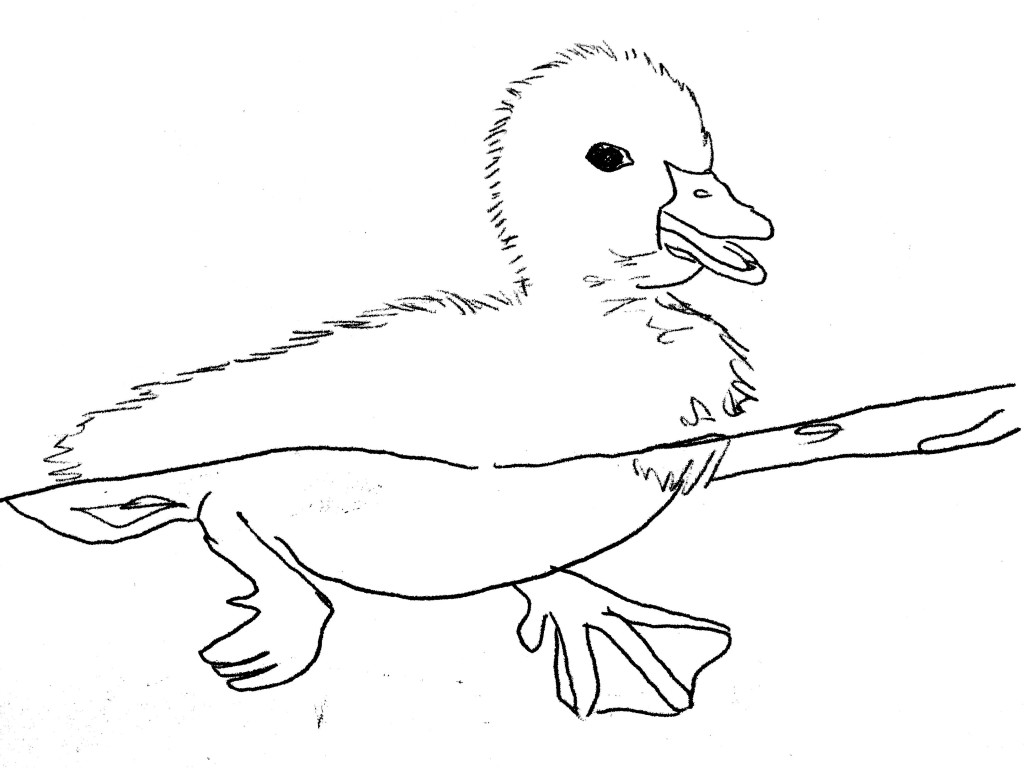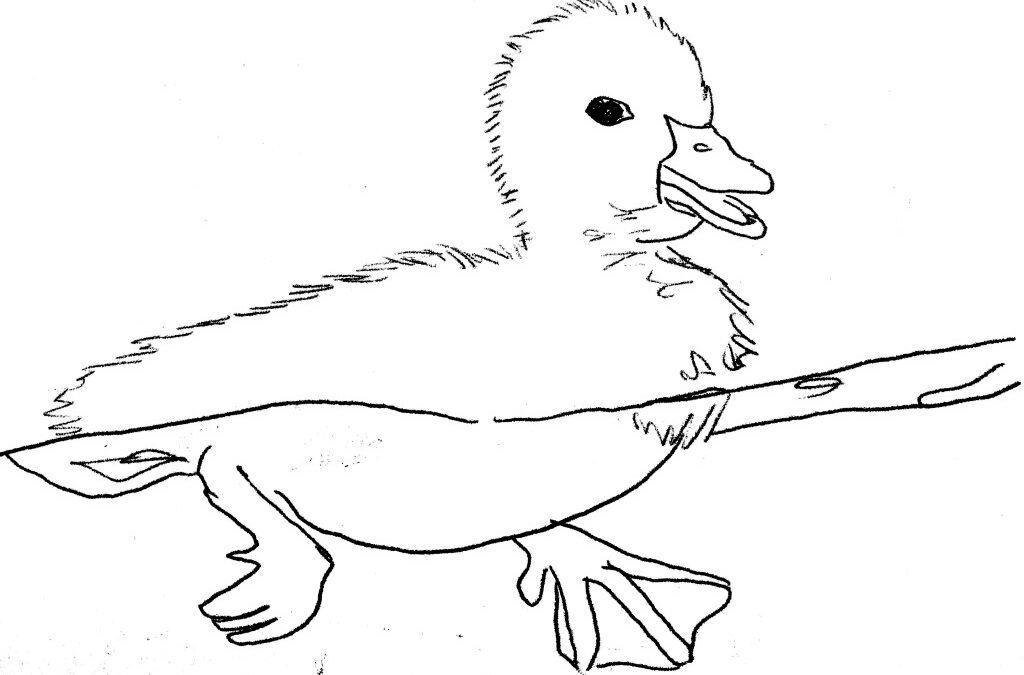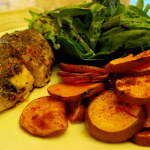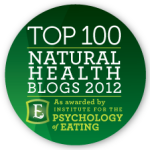 Sigh… I just finished reading a rather annoying article in the Globe and Mail (don’t even bother to click and add more Google street-cred, seriously) that doesn’t really warrant a response but… here we go. It’s my day off.
Sigh… I just finished reading a rather annoying article in the Globe and Mail (don’t even bother to click and add more Google street-cred, seriously) that doesn’t really warrant a response but… here we go. It’s my day off.
The article was written by one Carly Weeks, who doesn’t seem to have a very positive view of naturopathic doctors. I don’t know Carly and have no idea about her health history, but I’m going to take a shot in the dark and imagine she hasn’t suffered from chronic eczema.
Let me know how that steroid cream works out for ya, Carly!
But, ad hominem aside, her issue with naturopathic doctors this week(s)—pun intended, aren’t I hilarious—is, what else: we’re a bunch of quacks who use nothing but false therapies and smooth-talking to coax our patients into thinking they feel better. Well, if that worked, I wonder why more healthcare practitioners don’t try copying those moves too. It might save the government some money, which is what, coincidently, naturopathic medicine is already doing and it’s not by false therapies and smooth-talking. (But we do make time for a lot of talking).
The Globe piece begins with a story about how physicians (not naturopaths, for the record) prescribed radioactive water in the 1920’s. It’s a cute and tragic story about limited safety profiles. And other than its juxtaposition in an article about NDs, I’m not sure what the writer’s point was. We don’t use radioactive water to treat anyone. If you want radiation, which is a therapy, a cancer treatment, then you must see an oncologist. Talk about throwing out babies and bathwater.
The article is largely about how naturopathic doctors are moving under a new regulatory board, under the Regulated Health Practitioners Act. This limits our scope compared to that of provinces like BC or certain US states, where naturopathic doctors have been prescribing drugs and even performing minor surgeries safely where it’s warranted.
Here are some facts:
Naturopathic medicine is incredibly safe. We are trained in conventional diagnosis, anatomy, physiology, physical exams, including gynaecological exams, breast exams and digital rectal exams. We have the ability to perform acupuncture in Ontario and give intramuscular injections. With additional training we can provide IV treatments. We are trained to order and interpret labs and to take blood. I will not deny that conventional medicine and pharmaceuticals have saved millions of lives. However, we know that 10,000 yearly deaths in Canada (and 100,000 in the US) are due to pharmaceuticals alone. A year ago I wrote a post talking about the off-label birth control pill Diane-35. Let’s not start comparing safety profiles here.
Naturopathic doctors are highly trained and educated: We have completed a 4-year very rigorous program that includes a 12-month internship where we treat patients in an out-patient facility. In our training we performed over 100 practical and written examinations. After our second and fourth year we complete two licensing exams, which span a course of 5 full days of examinations combined. Ask anyone I know if what I did was easy. Trick question: they wouldn’t know because they didn’t hear from me for the past 5 years–I was studying the WHOLE time. It’s ok, though, because now I know a lot.
Naturopathic medicine is a regulated profession: In order to practice in Ontario naturopathic medical graduates who have passed both licensing exams, must pass a series of board examinations that are both written and practical. We then must enter into a month-long application process, which includes a police background check and character reference check. If I try to delay treatment of an emergent condition or treat an emergent condition with something like homeopathy or acupuncture (effective treatments for other conditions, but not emergent, life-threatening ones), which is something we are often accused of potentially doing, my licence will be removed. It’s not something we do—it’s that simple. We are held accountable and have a lot of responsibility to deliver safe care.
Naturopathic doctors are health experts: In order to complete the naturopathic medical program we complete 1200 hours of clinical training and 3000 hours of classroom training. This does not include study time for our board exams and pursuit of side interests or continuing education credits that are required to maintain licensure. We are trained in nutrition, which many medical professional, including medical doctors, are not. Naturopathic doctors often see patients that have been failed by the conventional medical system, which means we deal with complex cases on a regular basis. This demands that we keep our skills sharp and our knowledge current.
Naturopathic medicine provides the public with an amazing service that patients are willing to pay for: We spent up to two hours at time with our patients, educating them on any topic of their health picture: the medications they’re on that their doctors don’t have time to discuss with them, their health conditions, their prognosis and what else they can do about it. I spent half an hour talking about an STI a patient of mine had been diagnosed with. She’d seen two doctors and a specialist. None of them had talked to her about it. Patients have told me their doctors no longer perform physicals. Well, we do. And, it turns out, people pay for excellent care. Naturopathic medicine provides the much-needed service of patient education, human-centred care and prevention of disease. It’s an excellent complement to an effective whole-person healthcare strategy.
Naturopathic medicine works: I could say more on this but let’s keep it brief: if it didn’t work, people wouldn’t pay for it. The Globe and Mail, more than anyone should know to “let The Market speak.” (Amiright?) I lied, I will say more. If you don’t think naturopathic medicine works, then call my patients who no longer have chronic pain or allergies or chronic constipation. Ask my patient who couldn’t conceive how her daughter is doing. Blah blah, we help people.
Naturopathic doctors prefer to work in collaboration with other healthcare professionals: Ideally each patient should be managed by a healthcare team. When I start seeing a new patient I immediately establish a relationship with his or her medical doctor. I refer out for labs and to specialists if necessary. Medicine should be integrative, not alternative. Patients shouldn’t be forced to choose.
In addition to accusing us of being a bunch of unsafe quacks, the author writes, “Ontario should have created a regulatory system based on the principle of evidence first.” So, there you have it. Only medicine that is based in evidence should be regulated by the province.
Wow, what a ridiculous statement made by someone who I imagine knows little to nothing about how medicine and so-called “evidence” works.
Firstly, there is more than one type of evidence. In fact, evidence is a hierarchy. At the bottom we have things like clinical case reports or expert opinion, what my friends the skeptics love to call “anecdotal evidence.” Sigh. If you’ve seen something work, you keep doing it. It’s not the best evidence we have, but it’s still evidence. The better forms of evidence, randomized control trials, are being done on naturopathic therapies and naturopathic therapies have been found to hold steady. Actually, many of the therapies we prescribe are done precisely because there is evidence to support it: fish oil for depression and bipolar disorder? Inositol for fertility in patients with PCOS? Evidence, evidence, evidence.
Secondly, only 10% of medical guidelines are based on the type of “evidence” that our friend Carly Weeks is likely referring to: the Randomized Control Trial, which involves comparing two groups: a treatment group to an inactive group that gets something like a placebo. Well, it turns out, we just don’t have that much “evidence” of this sort to dictate what happens in medicine. A tourniquet for a bleeding wound? Using general anesthetic rather than nothing? These things haven’t been compared against placebo. What is the other 90% of medicine based on? Expert opinion: a nice mixture of clinical expertise, intuition, common-sense, “what the heck, might as well try it it couldn’t hurts” and research. I don’t see Carly questioning the use of SSRI for mild and moderate depression or beta-blockers to prevent cardiac events as a result of high blood pressure, both of which have “no evidence” to support their use. Nope, just crickets when it comes to those topics.
Thirdly, the father of EBM, or Evidence Based Medicine, himself, Dave Sackett, said, “Good doctors use both individual clinical expertise and the best available external evidence, and neither alone is enough. Without clinical expertise, practice risks becoming tyrannized by evidence, for even excellent external evidence may be inapplicable to or inappropriate for an individual patient.” (Emphasis mine). Individual clinical expertise from both modern and traditional medicine, the best available external evidence and tailoring treatments to individuals patients needs and preferences? Sound like naturopathic medicine to me.
Naturopathic medicine is safe and effective. We have a patient-centred approach and offer wonderful service for the cost, which is often covered by insurance benefits. Naturopathic doctors take the time to listen to your story and educate you on what is happening in your own body. We treat the root cause of your condition, rather than masking symptoms. We are highly-trained healthcare professionals and we are regulated. Soon we will be moving to different regulation. However, the government will be removing some of the rights we’ve had, which include ordering certain lab tests that we’ve safely ordered for years. If you use or support naturopathic medicine, please click the link to sign the petition to maintain the current naturopathic scope of practice in Ontario and support safe and effective natural healthcare for all Ontarians.
Quack.








Maybe you should post a link to this article on the comments section of the Globe and Mail article. The other side needs to be heard. Don’t let these self-appointed experts get away with such broad stroke judgment and invalidation.
Please, post away. I am vehemently against the Globe and don’t like navigating their site. 🙂 Thanks!
Thank you so much for writing this! I read the post last night and I was not impressed by the poor quality of her column. Carly Weeks just got schooled by an ND. #justicerestored